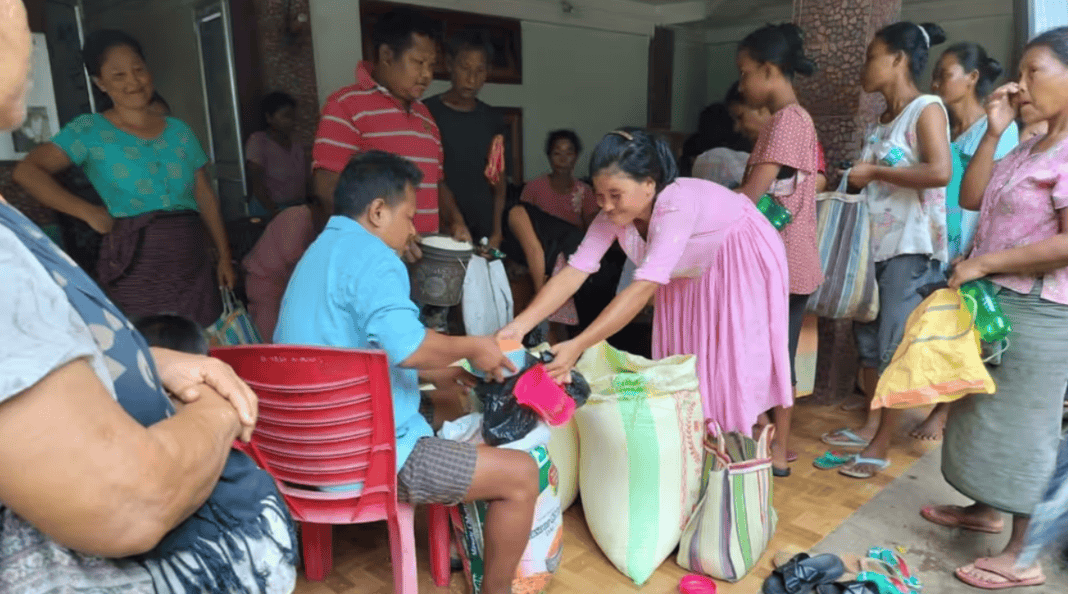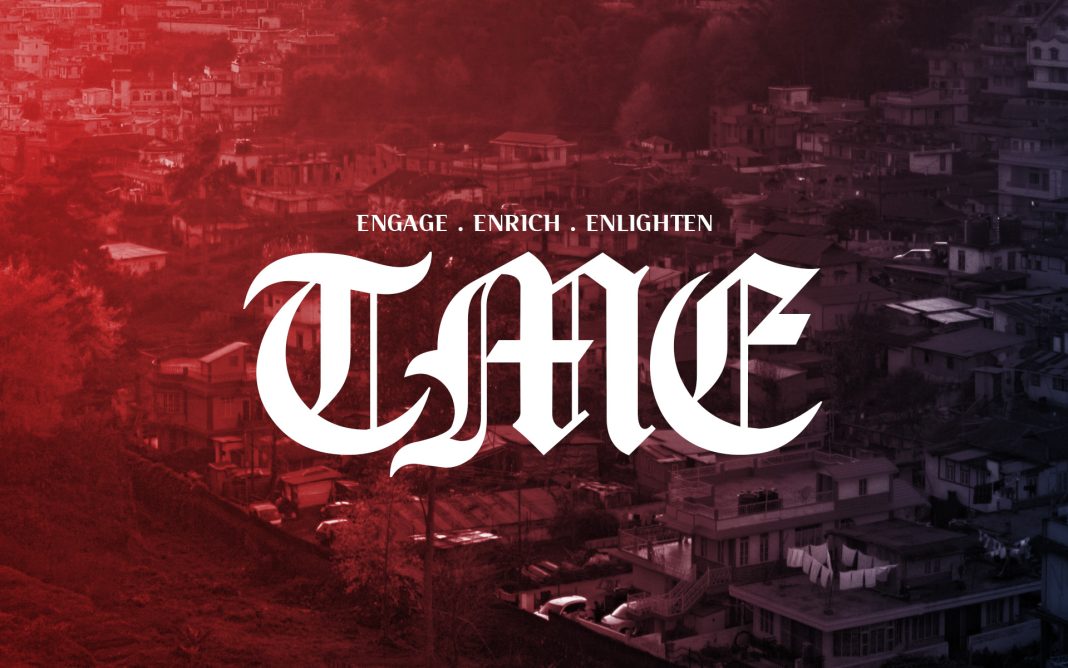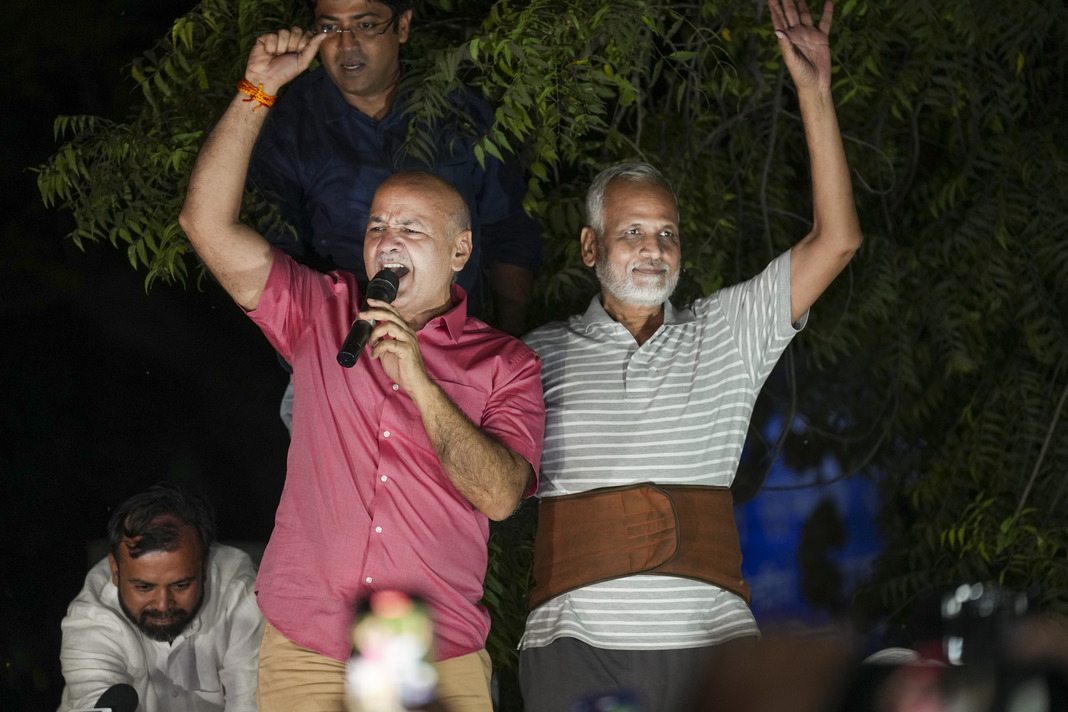New Delhi, Oct 19: A majority of people, including those most affected by climate change, are unfamiliar with the term ‘climate justice’ means, despite recognising the inequalities that it exacerbates, a global study has found.
Researchers from the University of Nottingham, UK, surveyed over 5,600 adults across 11 countries, including India, Brazil and the Philippines, found that about two-thirds of the respondents had never heard of the term ‘climate justice’ — a form of environmental justice that addresses the climate crisis through a human rights lens.
Studies have found that those contributing the least to climate change and those least equipped to adapt to the crisis are the most vulnerable to its effects. Climate justice is aimed at distributing the effects of climate change fairly.
The study, published in the journal Nature Climate Change, however, found that the participants recognised the social, historical, and economic injustices linked to climate crisis — something that the researchers said was “common around the world”, even though not consciously connected with the concept of climate justice.
For example, about 78 per cent of the people surveyed supported beliefs aligned with climate justice, such as understanding that the poor suffer worse impacts of climate change.
About the same fraction of the participants also agreed that people from the worst-affected communities should have more of a say in decisions concerning climate change.
“Citizens of frontline i.e. climate-vulnerable countries, are largely confined to being the subjects of climate discourse, as opposed to active participants. The unbalanced discourse matches the inequalities that characterise climate change itself,” lead researcher Charles Ogunbode, an assistant professor at the University of Nottingham, said.
The findings suggested that beliefs of climate justice among the public may be strengthened by raising awareness, they said.
“In our global survey of 5,627 adults in 11 countries spanning the global north and south, most participants (66.2 per cent) had never heard of climate justice,” the authors wrote.
Despite low levels of climate justice awareness, climate justice beliefs appear to be widely endorsed across countries; especially beliefs about the unequal distribution of climate change impacts, the importance of giving voice to frontline communities, the underpinning roles of colonialism and capitalism in the climate crisis and the need to redistribute resources from the rich to the poor, they wrote.
The researchers found the lowest levels of support for notions capturing the gender and racial dimensions of the climate crisis.
About 40 per cent of the survey respondents agreed that climate change affected women worse than men, while about 57 per cent agreed that Indigenous peoples and minorities are worse affected, the team found.(PTI)




